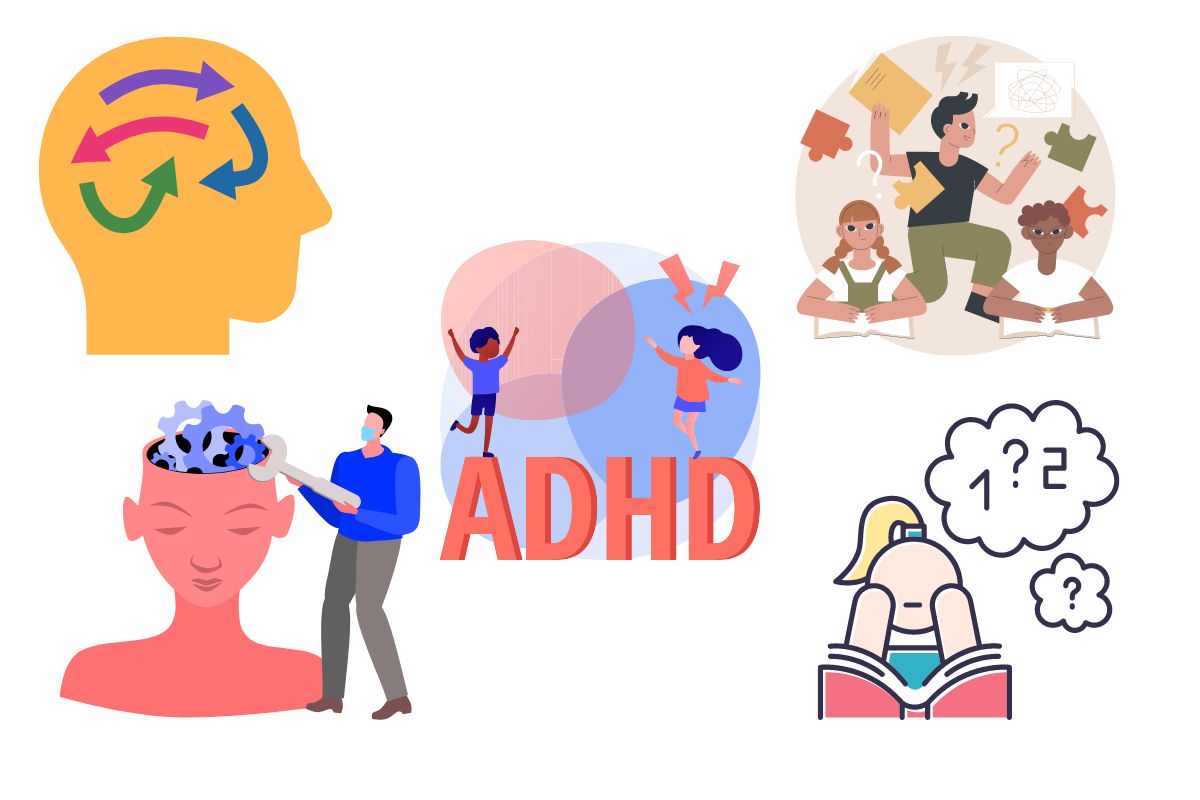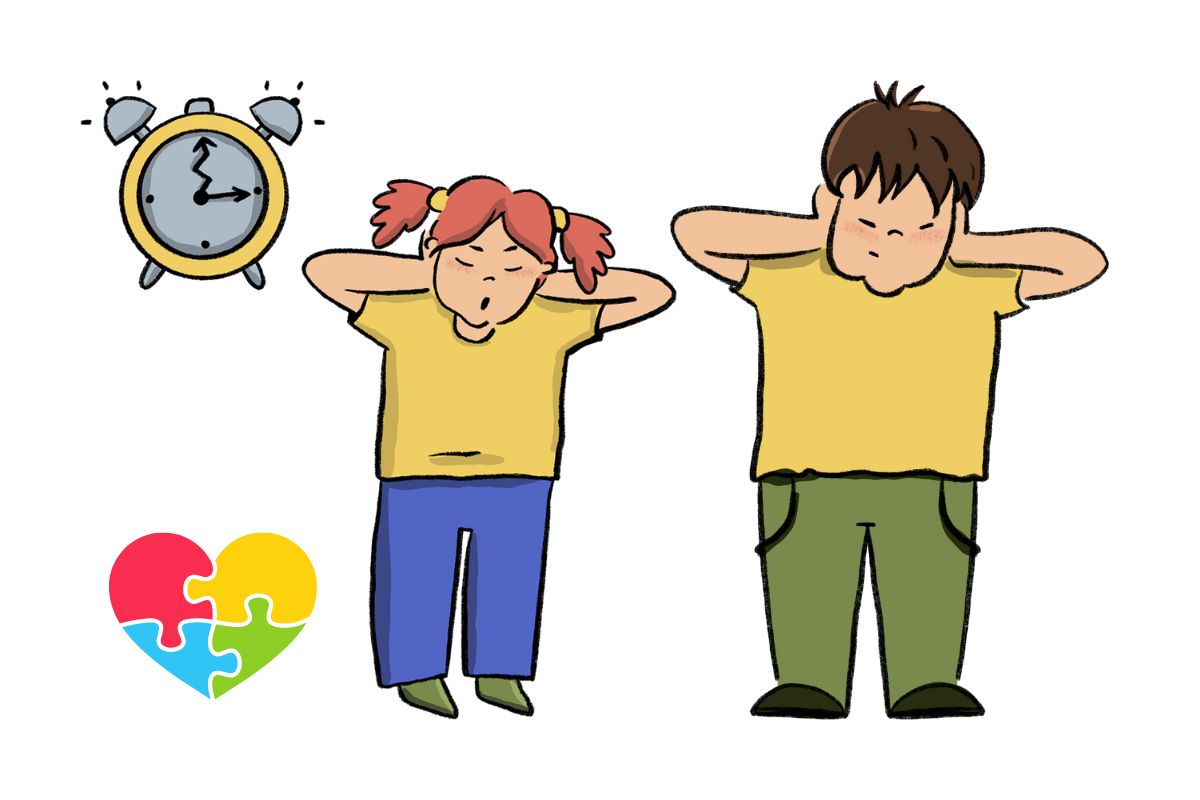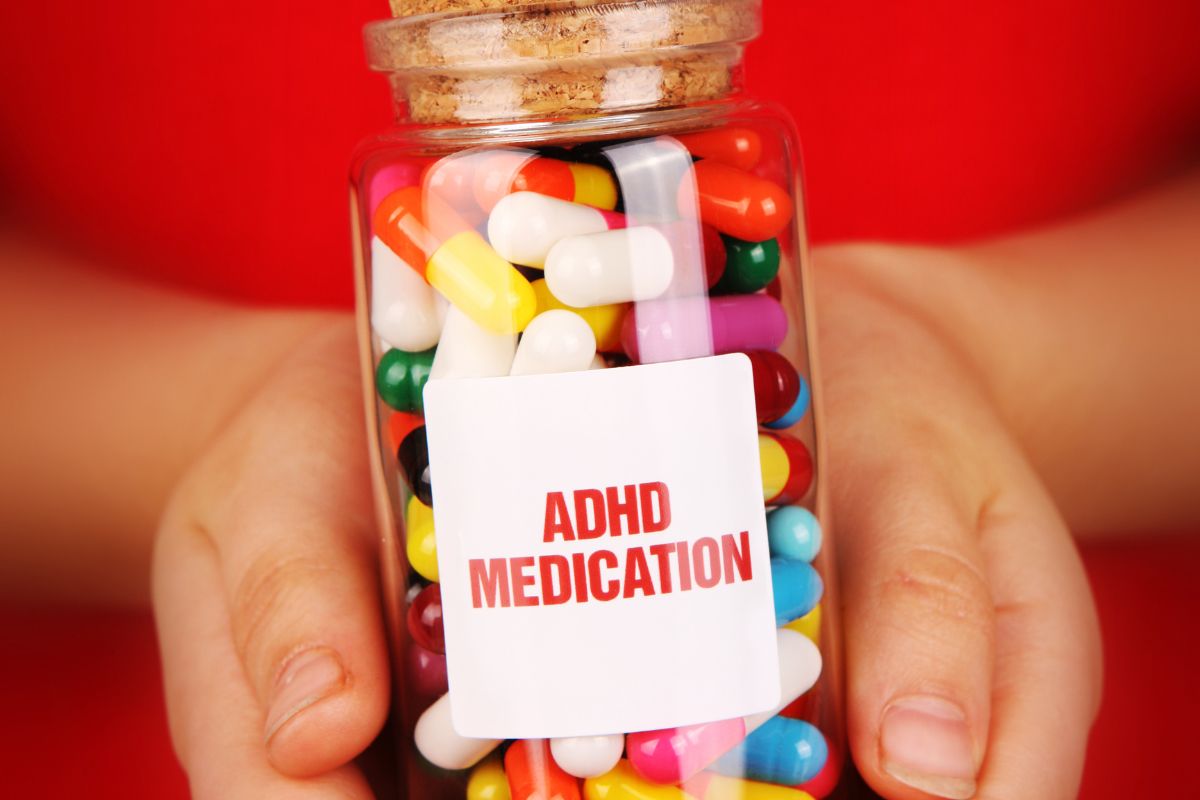ADHD Medication
A complicated neurodevelopmental condition called Attention Deficit Hyperactivity Disorder (ADHD) can make it difficult for you to carry out daily activities like going to school, working, or even just being at home. One of the most prevalent neurodevelopmental diseases in children is ADHD. It frequently persists into maturity and is typically first diagnosed in infancy. Children with ADHD may struggle to focus, manage impulsive behaviors (doing without considering the consequences), or be highly active.
What Are The Signs And Symptoms Of ADHD?
It is typical for kids to struggle with their attention spans and manners occasionally. However, these behaviors do not just disappear in children with ADHD. The symptoms persist, can be severe, and make it difficult to interact with friends, family, or coworkers.

A youngster with ADHD could: (ADHD Symptoms)
- have trouble getting along with other people
- often daydream
- take needless risks
- have trouble getting along with other people
- miss or forget something a lot
- have issues sharing the spotlight
- wiggle or squirm
- excessively talk
- make stupid errors
- have difficulty avoiding the seduction
Also Read:
What Are The Causes Of ADHD?
Researchers are examining the causes of and risk factors for ADHD in an effort to improve management and lower the likelihood that someone would get it. Current research indicates that heredity plays a significant role in ADHD, despite the fact that the cause(s) and risk factors are unknown. Recent research relates genetic causes to ADHD 1
Scientists are researching additional potential causes and risk factors in addition to genetics, such as:
- premature birth
- brain damage
- a little birth weight
- exposure to environmental dangers, such as lead, while pregnant
- smoking and drinking while pregnant
The widely held beliefs that parenting, excessive television viewing, excessive sugar consumption, or social and environmental variables including family dysfunction or poverty contribute to ADHD are not supported by research. Of course, many factors, including these, could exacerbate symptoms, particularly in some individuals. However, the data is insufficient to draw the conclusion that they are the primary reasons for ADHD.
What Are The Diagnosis Of ADHD?
Identifying whether a child has ADHD is a multi-step process. The symptoms of many other conditions, including anxiety, depression, sleep issues, and specific types of learning difficulties, might be similar to those of ADHD, which cannot be diagnosed with a single test. A medical checkup, which includes hearing and vision testing, is one stage in the procedure to rule out other conditions that have symptoms similar to ADHD. A checklist for grading ADHD symptoms and obtaining a medical history from the kid’s parents, teachers, and occasionally the child themselves are typically used in the diagnosis of ADHD.
What Is The Treatment For ADHD?
Parents frequently worry about the best course of therapy for their child when they receive an attention-deficit/hyperactivity disorder (ADHD) diagnosis for their child. With proper care, ADHD can be controlled. There are numerous treatment alternatives, and which one is most effective will depend on the child and family as a whole. It is advised that parents collaborate closely with those who are involved in their child’s life—healthcare professionals, therapists, teachers, coaches, and other family members—to determine the best solutions.
Treatment options for ADHD include
- medication
- behavior therapy which includes parent education

Suffering from ADHD
ADHD can make it challenging to perform at your best at home, at work or school, or even within your relationships if you don’t receive treatment.
If you think you, your child, or a family member is exhibiting symptoms of ADHD, speak with a doctor or psychologist to learn more about a possible diagnosis and to get started on the road to treatment.
If you have been diagnosed with ADHD, you may find that the following treatments will lessen your symptoms and improve how you operate in daily life:
Modifications in way of life: Changes to your way of life for ADHD include techniques that can help you deal with the impulsivity, hyperactivity, and lack of focus that the illness produces. If you have ADHD, the following suggestions will help you establish an organization for your day:
- Develop your study techniques.
- Develop organizational strategies.
- Use time-management techniques.
Therapy: One of the most effective forms of treatment for ADHD, particularly for children and adolescents, is behavioral therapy because it identifies the ideas, feelings, and behaviors that are having the most effects.
- A behavioral therapy known as cognitive behavioral therapy (CBT) can be beneficial for adults and adolescents.
- The most successful behavioral therapies for ADHD in younger children concentrate on parent education, classroom management, and peer interventions.
Medication: In order to lessen the symptoms of ADHD in both children and adults, medication may be used either alone or in conjunction with behavioral treatment.
- Psychostimulants, which are drugs that raise the central nervous system’s activity, are the first-line treatment for ADHD, according to a study.
- Some high blood pressure drugs, antidepressants, antipsychotics, and mood stabilizers are additional nonstimulant treatment choices for ADHD.

